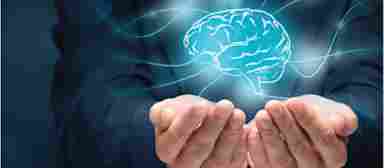Overview
How can sensitivity to social impact strengthen the sustainability of business models? A multi-disciplinary team of researchers share an innovative approach to creating an impact economy through a focus on brain capital.“”

The Brain Economy
Royal Society for the Encouragement of Arts, Manufactures and Commerce
Harris A. Eyre, Alan Kirman, Cara Altimus, Anika Sinha, Erin Smith, Marion Leboyer, William Hynes and Sandra B. Chapman
“”
Share this article

Sandra Bond Chapman, PhD
Chief Director Dee Wyly Distinguished Professor, School of Behavioral and Brain Sciences Co-Leader, The BrainHealth Project